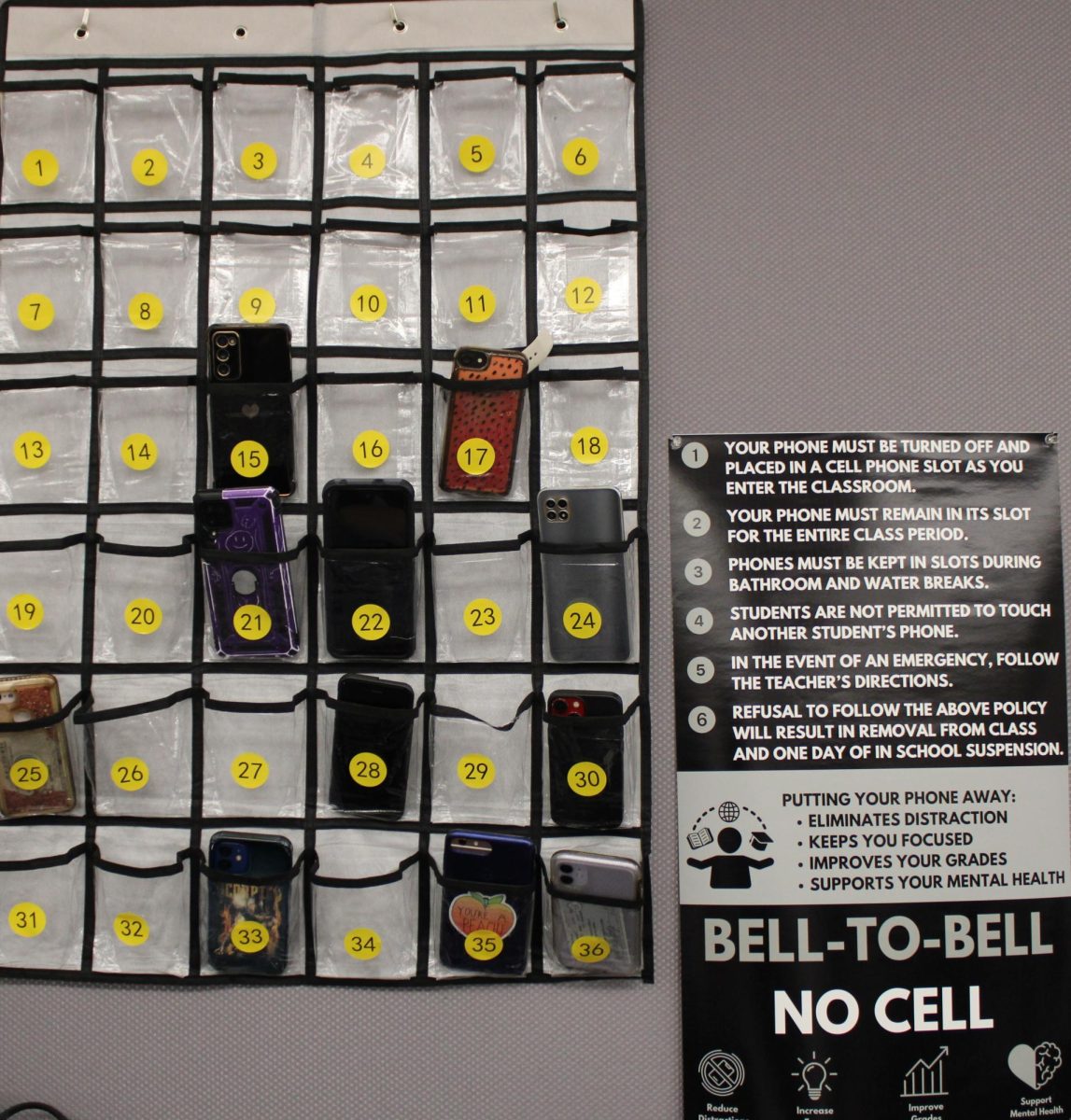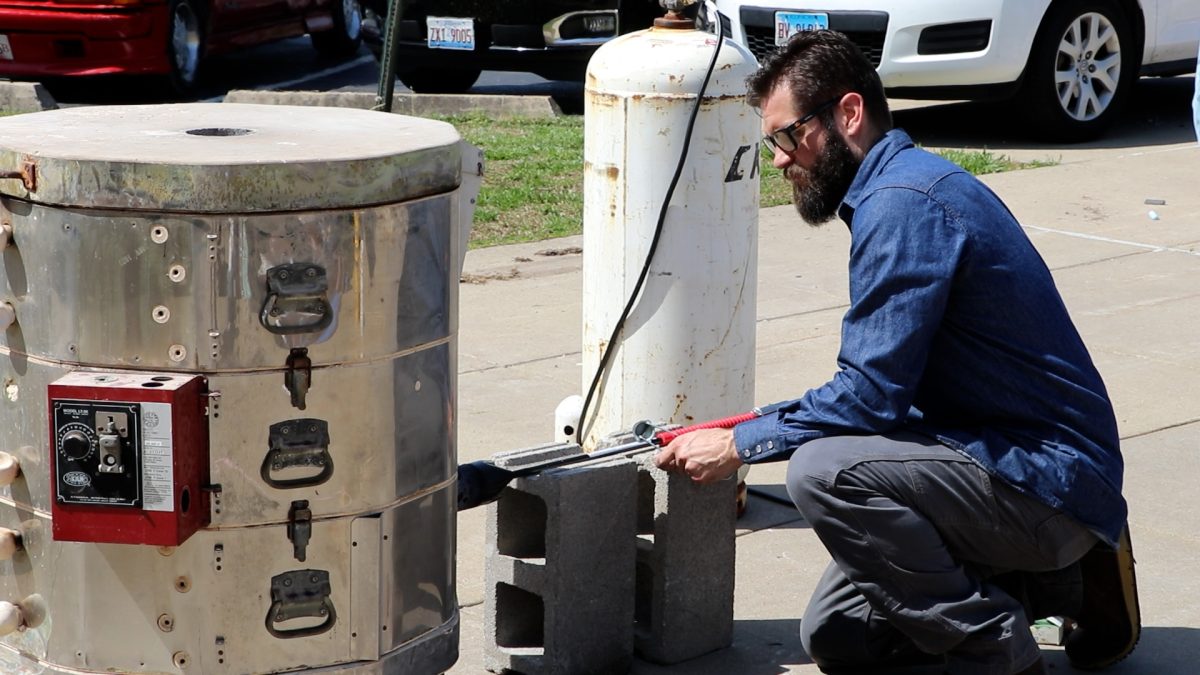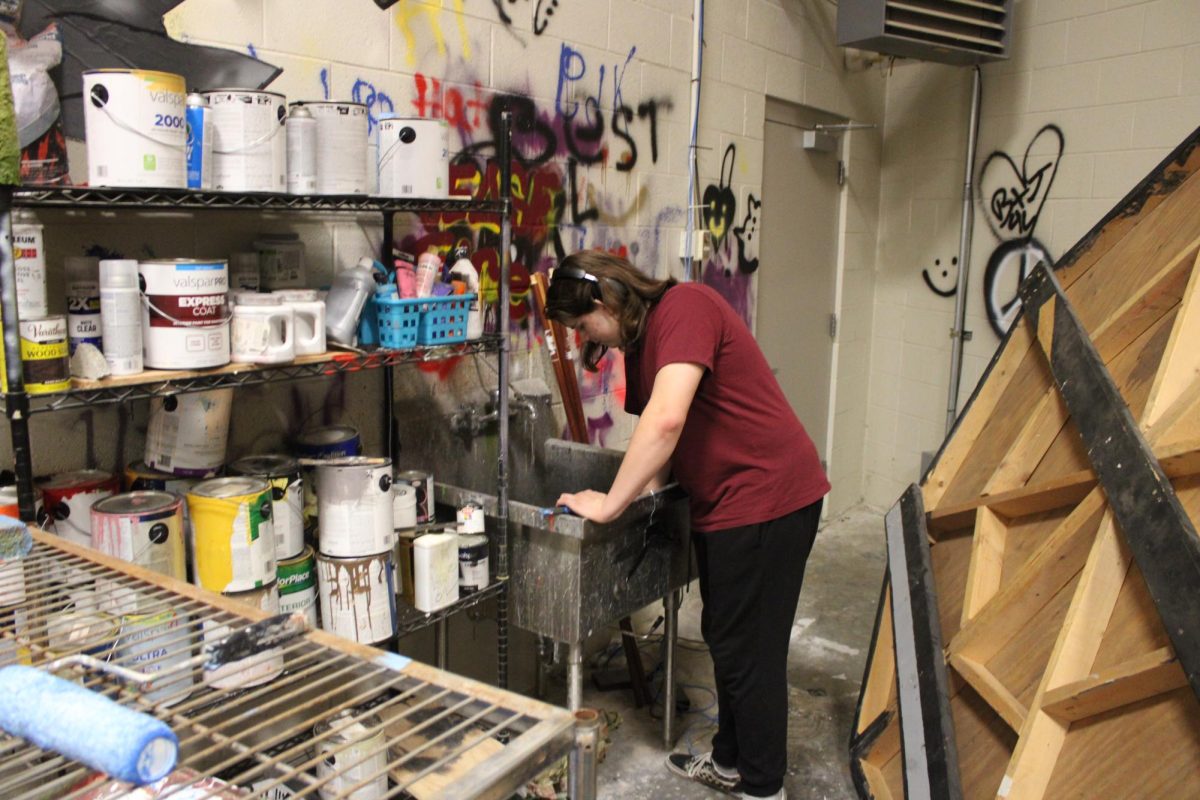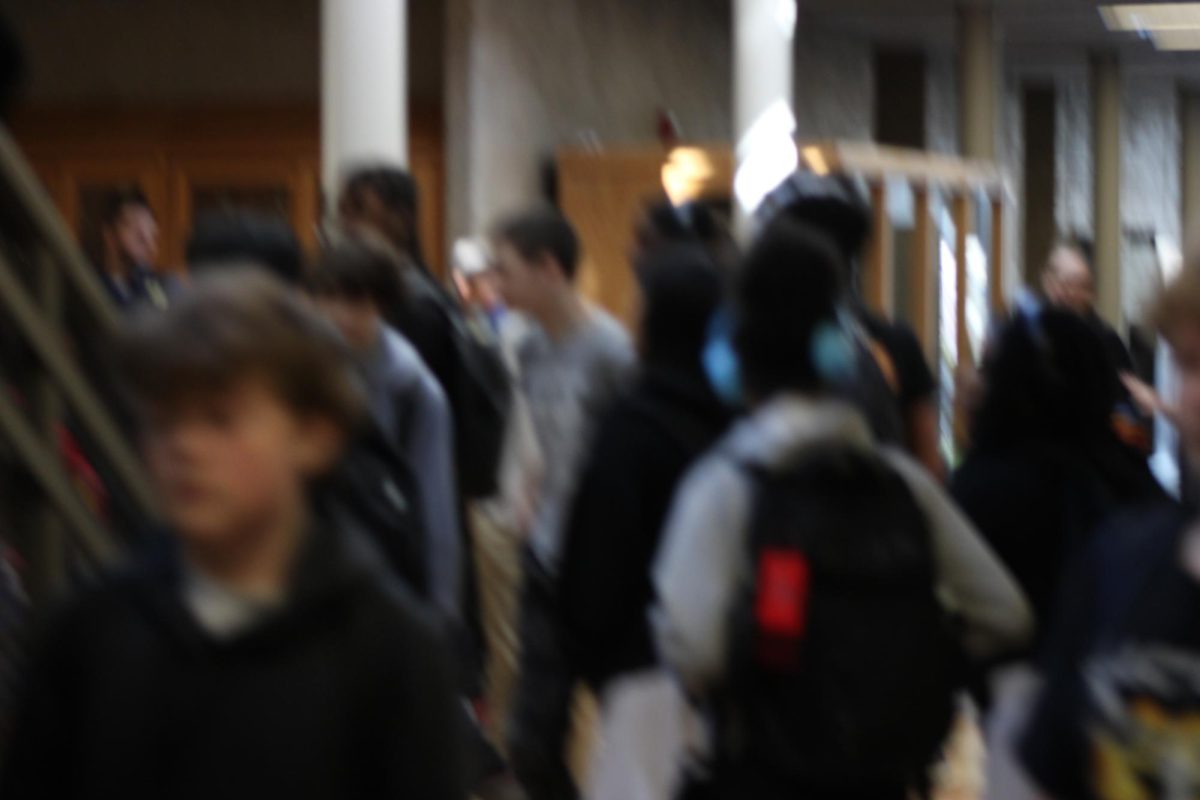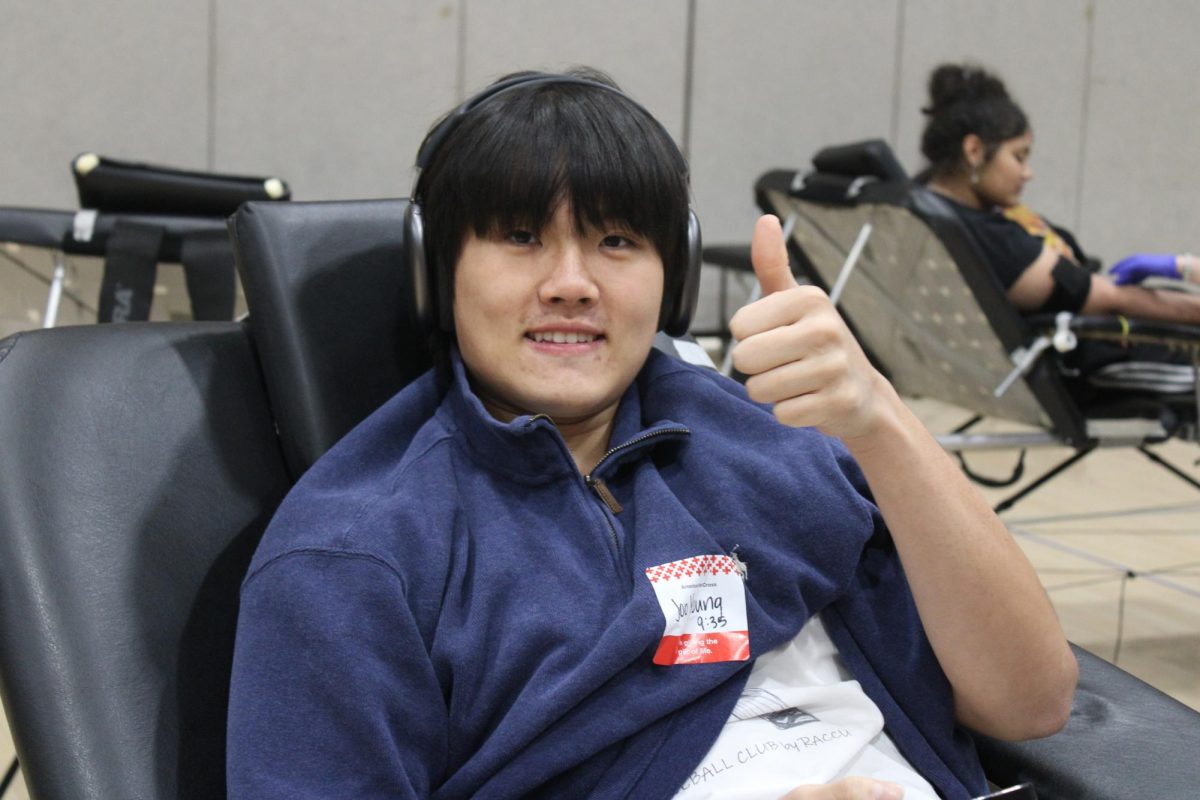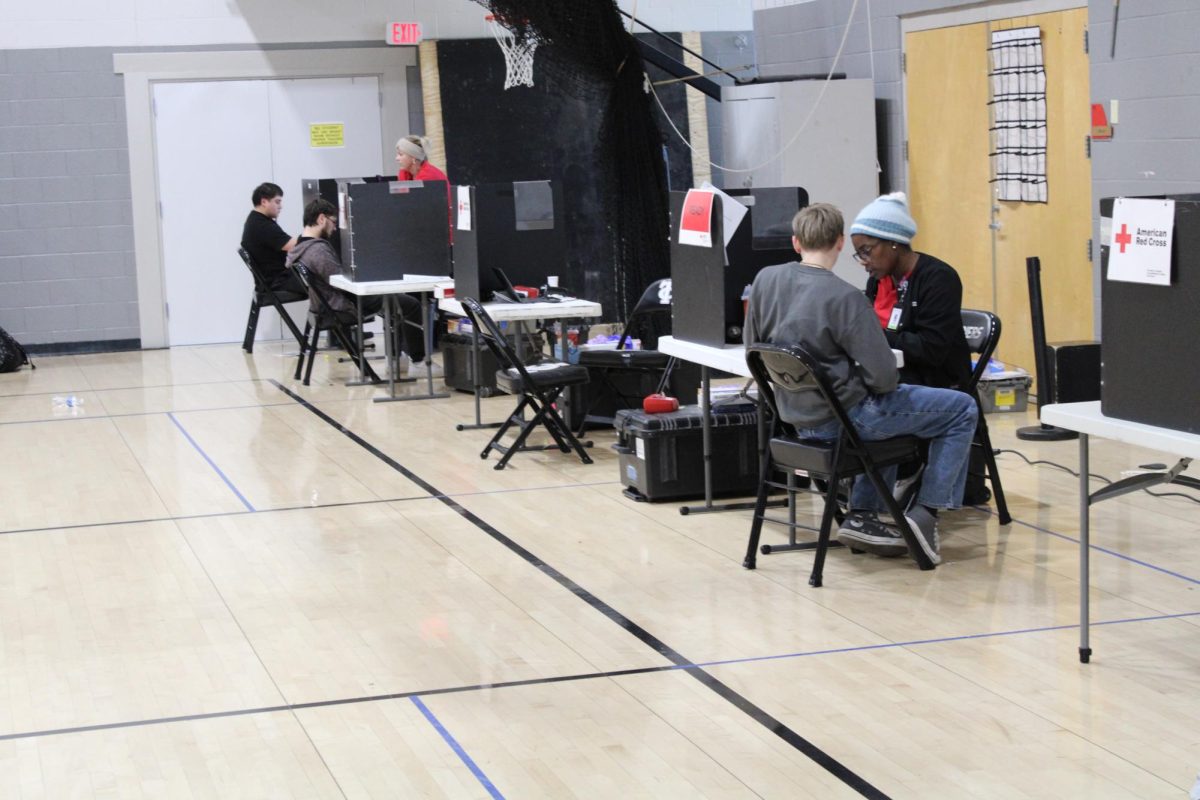A week before the 2024-2025 school year, CCHS started piloting a new cell phone policy to limit cell phone use in instructional environments. Many other school districts have implemented more strict measures on this policy by banning cell phones on campus. CCHS wanted to lower the strict measures while at the same time providing the best education for students with limited distractions.
For freshmen, the cell phone pilot program had just started. Because of this, it gave them a different glimpse of the policy on cell phones than the previous freshmen.
“I feel like it’s a little harsh with the automatic ISS,” Keagan Hansen, CCHS freshman, said. “I do feel like it’s valid…but I just feel maybe something like a detention would work better. I feel like more kids are rebelling since it’s more harsh.”
Before the 2024-2025 school year, many teachers varied on leniency for cell phones. The general policy was this: if a student is caught once with their phone, they are off with a warning. If seen after the warning, their phone gets confiscated until the end of class, and so on.
For the past three years, the class of 2025 lived under the old policy, but they are now having to experience the new system of classroom curriculum in regards to cell phones.
“It’s been an incentive to help me actually want to pay attention,” Addison Cook, CCHS senior, said. “It’s been a shift and it’s been a change, but it has also helped me at home. I used to have a pretty bad addiction to my phone, but now that they are taking them away in class…I have actually been able to focus on more things outside of school.”
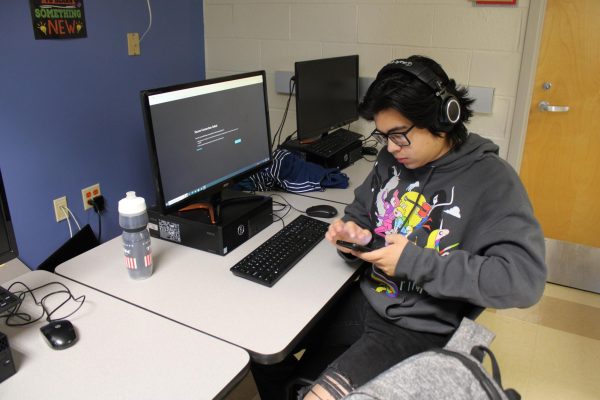
Most of the teachers at CCHS are participating in the pilot program. Since this policy took place, a couple have noticed significant changes in the learning environment.
“I think that it’s become more of a focused classroom,” Ms. Anderson, CCHS English teacher, said. “Students aren’t distracted by their phones, and when they’re put away and out of their reach, we’ve had better engagement and better focus getting assignments done in class.
“I think the biggest [con] is people feel like they can’t reach out if something is happening at home and parents can’t immediately reach out,” Anderson added. “However, parents are always welcome to call the school, and then the school can relay that message…I think that’s the biggest con, but it’s something I think that we can overcome pretty quickly.”
Mr. Biedermann, CCHS photography teacher, explained how cell phones were a big part of his class in regard to the photography class. They are particularly used for taking, editing and uploading photos for assignments and class contests.
“I had to be very strict on how they were using their cell phones in the class,” Biedermann said. “It’s just so easy for students to want to check their Instagram or their Tiktok.
“This pilot gave me a platform so that now everyone is on the same page,” Biedermann continued, “and it’s a really nice feeling because there’s now a lot more support from the entire school and administration.”
The cell phone pilot program will continue on throughout the year to potentially meet the goal of students gaining the education needed without distraction.

